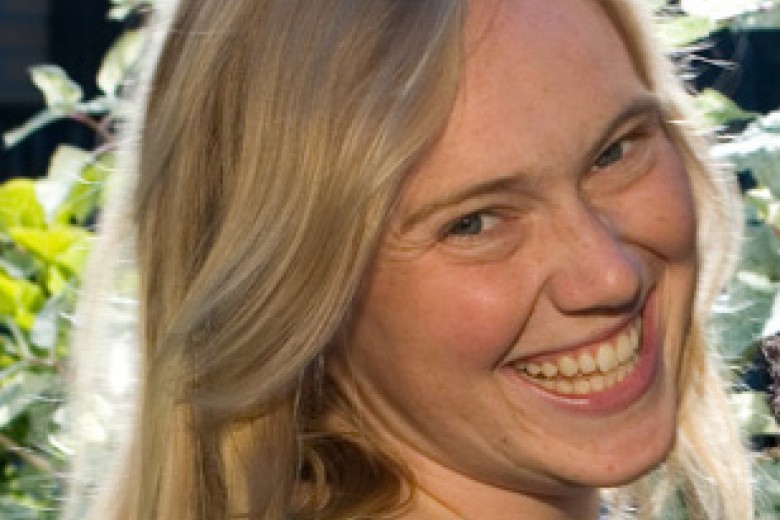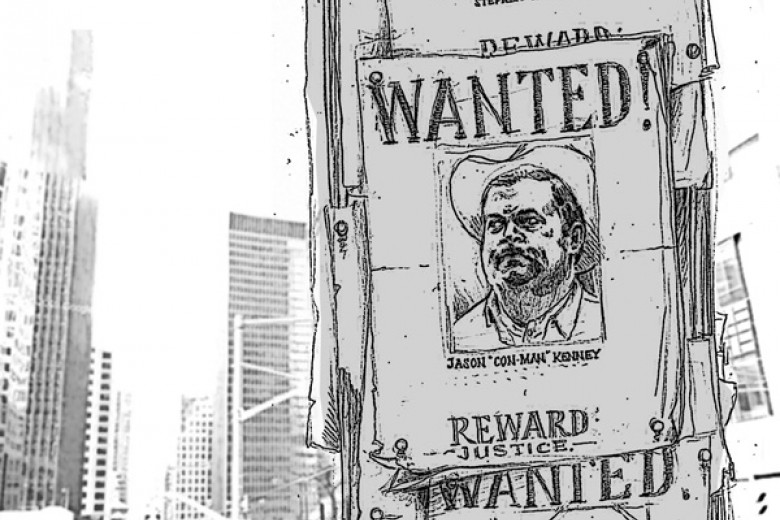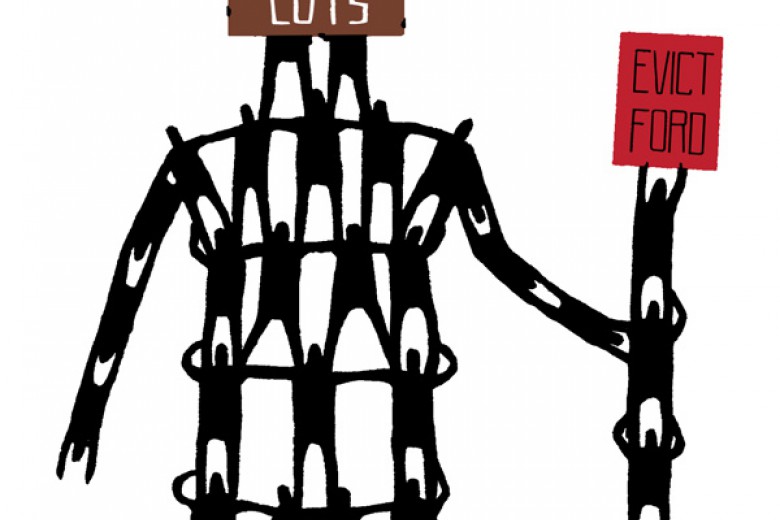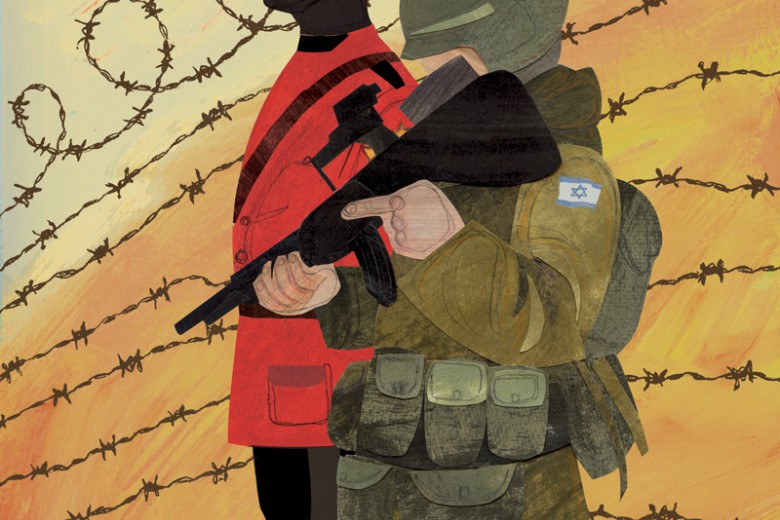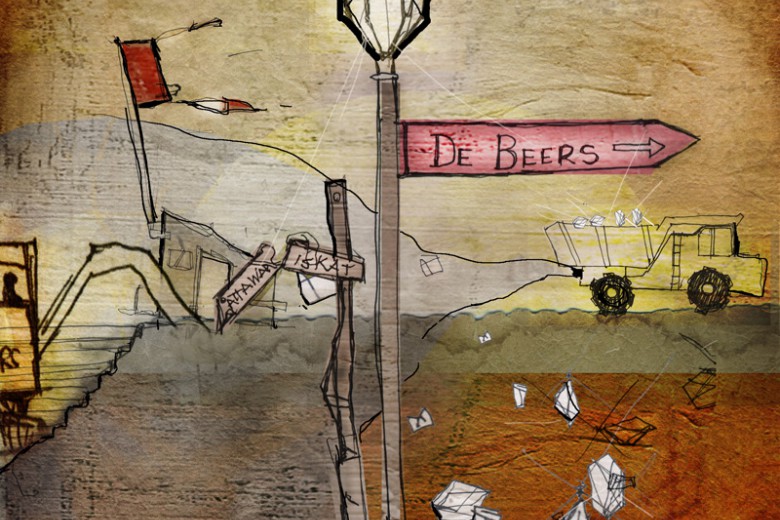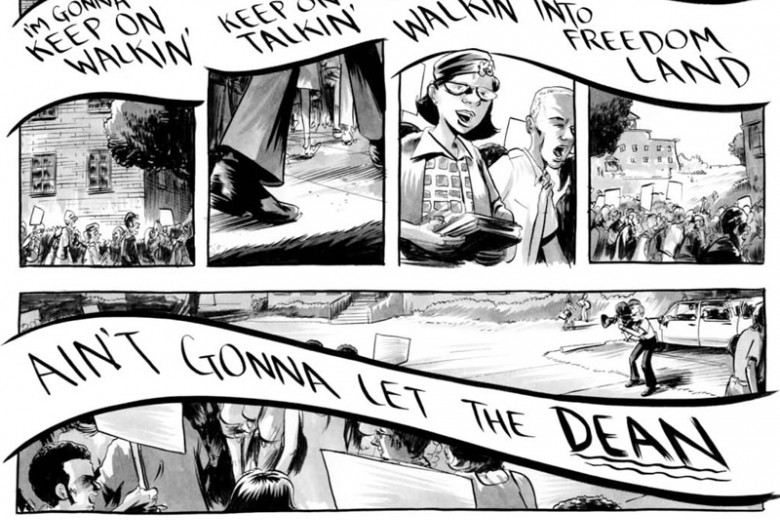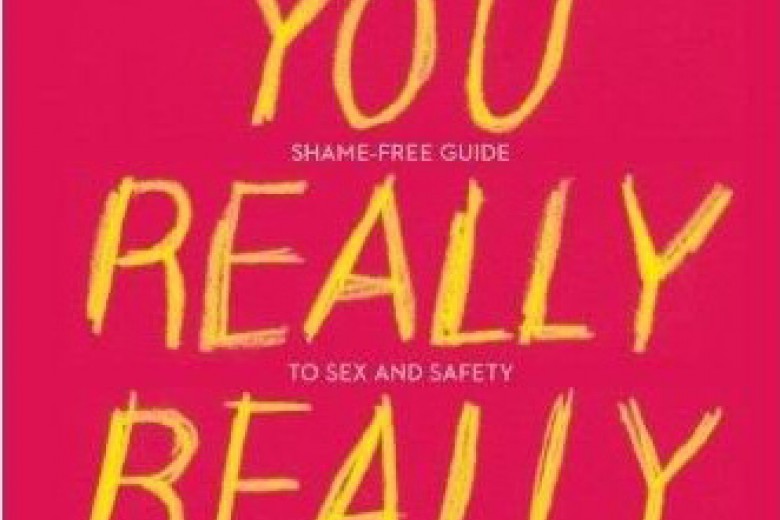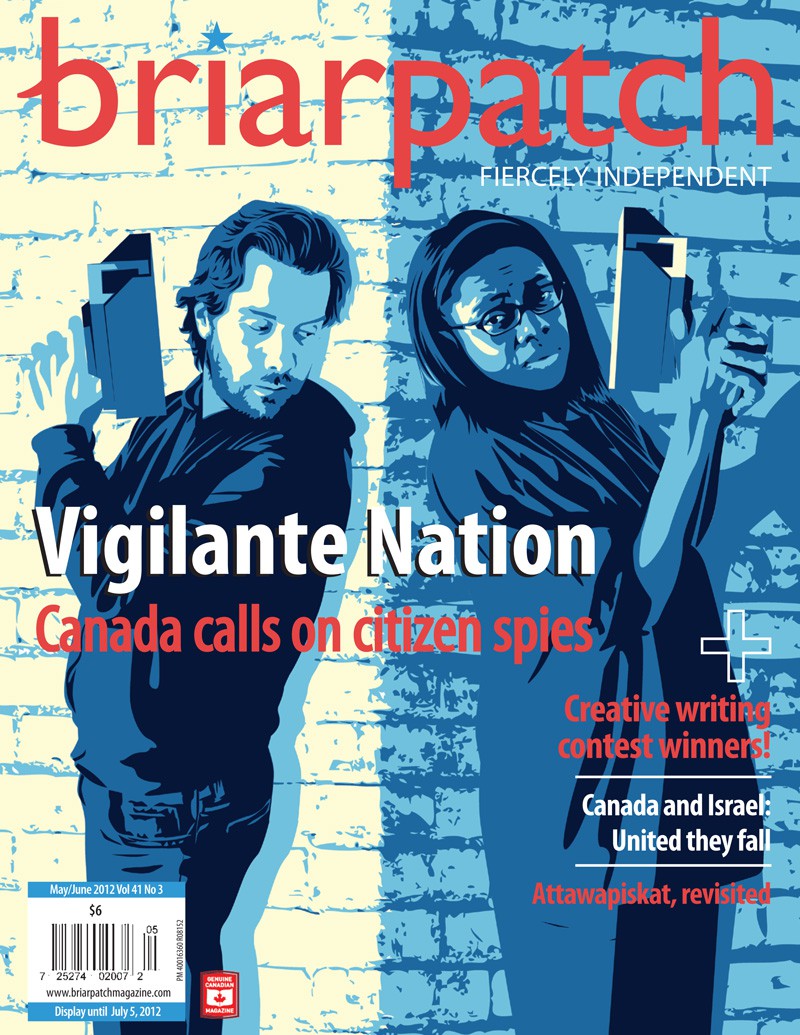
May/June 2012
In this issue of Briarpatch Fathima Cader looks at the Conservative government’s efforts to enlist public support for the booming business of deportation. First-time Briarpatch contributor Mike Krebs explains what’s behind Canada’s unconditional support for Israel, and its role as an architect of apartheid. Plus, the long-awaiting creative writing contest winners!
Add To Cart $7.95


